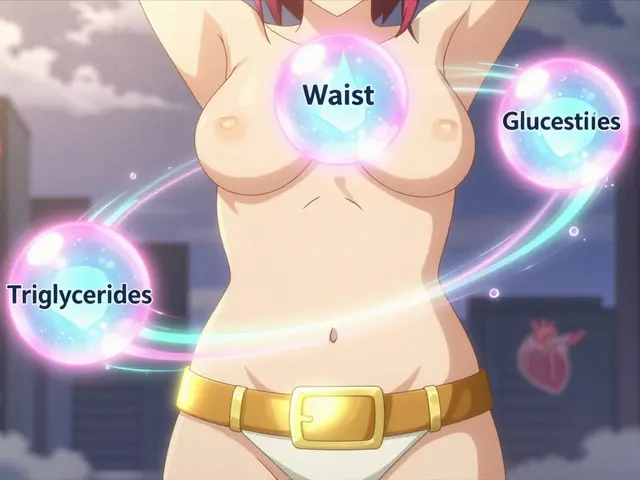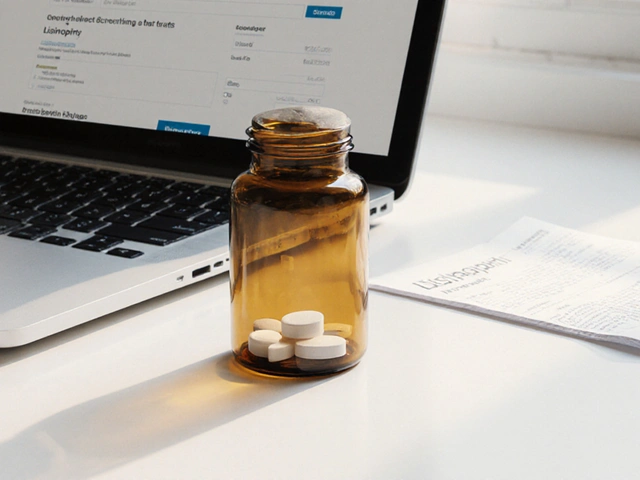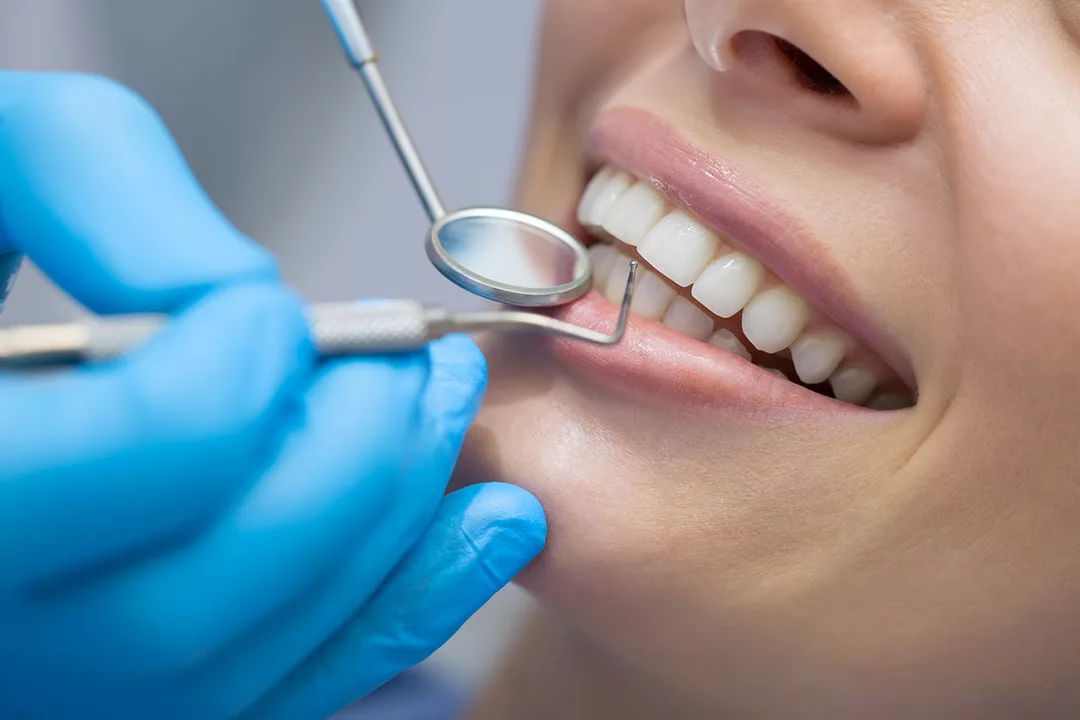Dental Health: Preventive Care That Actually Saves You Money
Want to cut dental bills and keep your smile? Dental health isn't about avoiding the dentist—it's about using simple habits and regular checkups to stop small problems from becoming big, expensive ones.
A cleaning and exam every six months can find cavities, gum inflammation, and bite issues early. Your dentist can also spot signs of oral cancer and recommend fluoride or sealants that prevent future decay. I visit my hygienist regularly and catching a tiny cavity saved me a lot on dental costs.
Daily care matters just as much.
Brush twice a day for two minutes with fluoride toothpaste, and floss once daily to remove plaque between teeth. An electric toothbrush often cleans better than a manual brush for many people. Use interdental brushes or floss picks if traditional floss is hard to handle.
Watch your snacking and drinks. Sugary and acidic foods feed harmful bacteria and erode enamel. Swap soda for water, choose whole fruits instead of candy, and rinse your mouth after acidic meals.
Know when to see the dentist sooner than planned.
Severe pain, swelling, fever, bleeding that won't stop, or a knocked out tooth need immediate attention. If a tooth is knocked out, hold it by the crown, rinse briefly, and try to put it back in place or keep it in milk while rushing to an emergency dentist.
Gum disease is sneaky; early signs include bleeding when you floss and red, swollen gums. Treating gingivitis is usually simple, but left untreated it can lead to bone loss and tooth loss.
For parents, start dental visits by the child's first birthday or when the first tooth appears. Fluoride treatments and sealants can protect baby teeth and permanent molars, cutting future treatment needs.
Insurance and payment plans help, but prevention still saves the most over time. Ask your clinic about low‑cost cleaning days, community programs, or sliding scale fees before you wait for a problem to grow.
Small habits plus regular prophylaxis appointments are the cheapest path to strong teeth and gums. Make a six‑month reminder on your phone, stick to daily brushing and flossing, and talk openly with your dentist about cost‑saving options.
Try switching to a soft toothbrush if your gums bleed or are sore; hard bristles can make problems worse. Night guards prevent grinding that wears down enamel and leads to costly crowns. For dry mouth from medications, sip water often and ask your pharmacist about saliva substitutes.
Pack a small dental kit for travel: a travel brush, fluoride paste, floss, and a temporary filling material can tide you over until you see a dentist. Keep a record of treatments and X‑rays so you can shop for a second opinion without repeating costly procedures. Finally, talk with your dentist about minimally invasive options like air abrasion or atraumatic restorative treatment when appropriate.
How Regular Prophylaxis Appointments Can Save You Money on Dental Care
As a regular visitor to the dentist for prophylaxis appointments, I can personally attest to the money-saving benefits of these check-ups. By catching potential dental issues early, my dentist is able to treat them before they become more serious and expensive problems. Additionally, these appointments help prevent the need for costly procedures like fillings, root canals, and extractions. Not only do I save money in the long run, but I also maintain better oral health overall. So, I highly recommend investing in regular prophylaxis appointments for both financial and health reasons.
About
Dental Health
Latest Posts


Metabolic Syndrome: How Waist Size, Triglycerides, and Glucose Control Are Linked
By Marcel Kornblum Feb 7, 2026

Buy Cheap Generic Lisinopril Online - Fast, Safe & Affordable Options
By Marcel Kornblum Oct 14, 2025

Behavioral Weight Loss Therapy: Cognitive Strategies That Work
By Marcel Kornblum Dec 10, 2025

